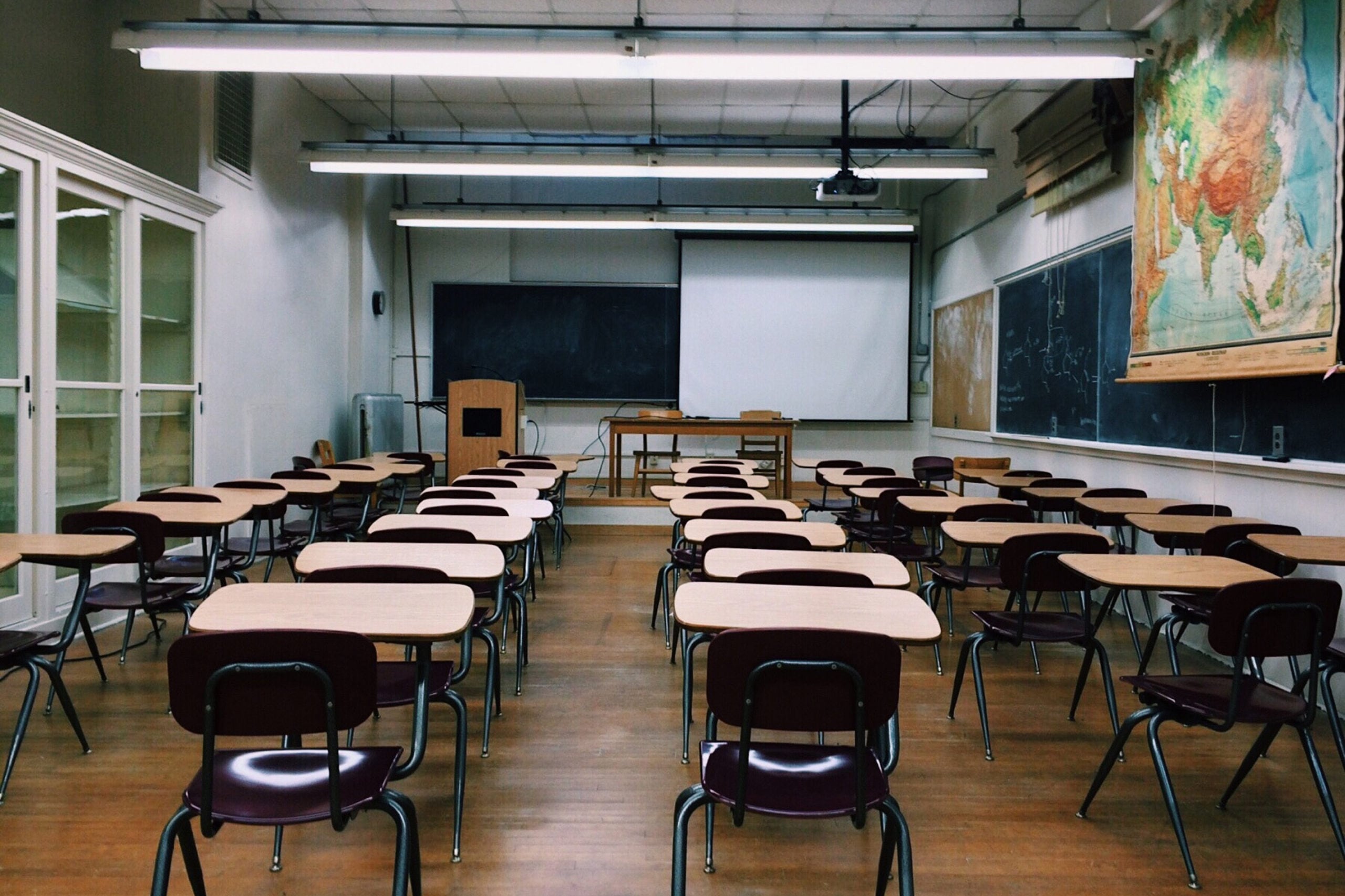Families in Detroit and across Michigan are having trouble getting their students to school.
If you know why, we want to hear your story.
Some parents have told us they’re dealing with housing insecurity, such as evictions, and moves to other parts of the city.
Other parents say the issue is transportation — inadequate bus service or car troubles.
“Right now, I have a lot on me, but it’s going to get better,” said Jennifer Garrison, who has two children attending K-12 schools in the Detroit district. She asks people for rides or borrows cars to take them to school. “I will have a car soon, and they’ll be transported the way they’re supposed to be.”
Families typically try their best to get kids to school, interviews with parents and researchers show. They know that low attendance has disastrous effects for student learning. Research shows that students who are frequently absent tend to score lower on reading and math exams and are more likely to drop out of high school.
Yet chronic absenteeism is widespread. Last year, two-thirds of students in the city of Detroit missed school at least 10% of the time. Half a million students across the state missed that much school.
What’s going on here? How can we help students get to school?
Share your story with the community as part of Chalkbeat Detroit’s reporting on the causes and solutions to absenteeism.
By explaining your barriers to attendance, you can increase public awareness of this crucial issue and get in touch with journalists who can answer your questions about available resources.
If you are having trouble viewing this form, go here.
Koby Levin is a reporter for Chalkbeat Detroit covering K-12 schools and early childhood education. Contact Koby at klevin@chalkbeat.org.






